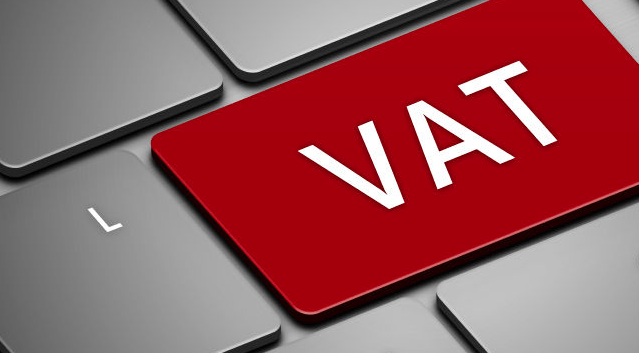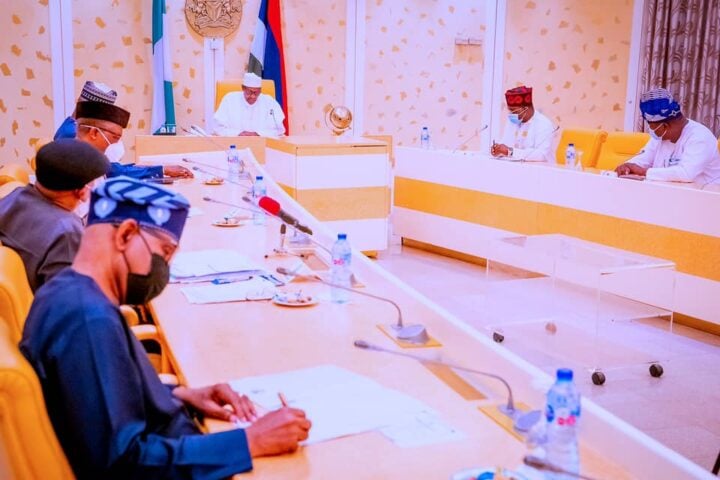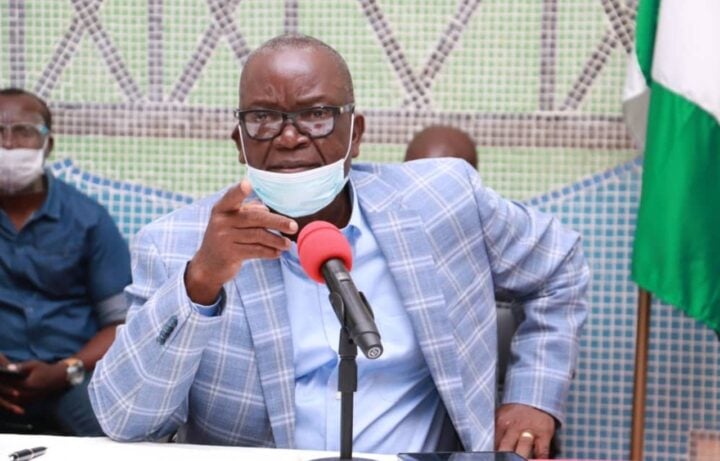Rivers and Lagos state governments have implemented a law empowering them to collect value-added tax (VAT) from businesses other than the Federal Inland Revenue Service (FIRS).
This comes after the federal high court in Port Harcourt issued an order restraining FIRS from collecting VAT in Rivers and directed the state government to take charge of the collection.
Following the court’s ruling, Rivers implemented the Valued Added Tax Law No. 4 of 2021 which gives them the power to solely carry out the exercise.
Lagos also directed FIRS to stop issuing demand notices for payment of VAT.
Advertisement
However, this created a controversy on who to collect VAT as FIRS informed taxpayers to continue to honour their tax obligations under the VAT Act until the court of appeal or supreme court gives a final verdict on the matter.
Notwithstanding the agency’s stance, Lagos assembly enacted VAT law.
The FIRS argued that a central collection of VAT should be maintained as against the push by state governments which could create double taxation for businesses.
Advertisement
Waheed Alabede, owner of an insurance and business consultancy firm in New York, analysed the outcome of VAT collection by state governments, implications for businesses, and strategies to overcome challenges.
UNDERSTANDING VAT
VAT is administered by FIRS at a charge rate of 7.5 percent. It (FIRS) transfers the generated revenue from the tax paid to the three levels of government via the federation accounts allocation committee (FAAC).
Alabede said VAT “is a consumption tax that is charged on the ‘value-added’ at each stage of production or each value (supply) chain.
Advertisement
“VAT is not generated at the point of sale to the final consumer but during the supply (or value) chain process. It may be paid at the point of sale”.
He gave a fictionalised case study whereby the production process of a leather bag from the dealer/producer “(hide and skin)” to the end-user involved Kano, Abia and Lagos accordingly.
“The H&S (hide and skin) dealers aggregate the hide or skin from the farmers and animal processors big or small and sell to the tanneries.
“The value added by the H&S (hide and skin) dealer is the effort to aggregate the products from varieties of producers. This is what VAT is paid on.
Advertisement
“The state where the H&S dealer added the value to the hide is the state where the VAT is generated but not necessarily where it will be collected.”
A further breakdown of the analysis given by Alabede shows that VAT generated by Kano was N187.50 from hide and skin, tanning and processed leather; Abia was N127.50 from the leather goods (finished product), distributors and wholesalers; while Lagos was N285 from retailers only.
Advertisement
Therefore, part of the total value (N600) will be shared with other states.
IMPACT CHALLENGES FROM STATES COLLECTING VAT
Advertisement
Alabede explained that: “Therein (analysis) lies the mirage with the state collecting VAT.
“Also, states don’t yet have the mechanism to properly work together in order to avoid double taxation. Only the FGN has that capability and it is doing a good job.
Advertisement
“It will take a while for the states to be able to build and run a VAT system that does not lead to double taxation.
“So in the meantime, expect to pay more for goods and services. Why? Simple! Expect Kano and Abia (from case study) to collect VAT at the source. N600 becomes N1065.
“The seller will have to claim the input tax paid in other jurisdictions from Lagos state to avoid double taxation.
“If you think dealing with two to three states is complicated, wait until it involves dozens of states”.
STRATEGIES STATES CAN ADOPT TO OVERCOME THE RISKS
After explaining the VAT concept and pointing out loopholes for full implementation, Alabede listed strategies states can adopt to overcome the barriers.
“One of the immediate solutions to the challenges posed by having 37 jurisdictions collecting VAT will be to have a reciprocal agreement between them.
“The agreement will deal with the reparation of input VAT back to the source state.
“Secondly, a state may create a strategy that promotes manufacturing that employs locally available resources.
“An increase in local manufacturing will lead to an increase in internally generated revenue (IGR) through pay as you earn (PAYE) and additional VAT for the state.
“States can even decide to be VAT-free in all LGA or in LGA close to financially buoyant states to encourage consumption and cross-border buyers.
“The issue of the exemption of agricultural produce from VAT will have to be dealt with. The states may, in the long run, seek to abolish the exemption. This is a legal matter,” he added.
On Friday, a court of appeal sitting in Abuja ruled that the judgment of the Federal High Court sitting in Port Harcourt, Rivers state, is stayed and ordered status quo ante bellum till it hears the FIRS’ application for stay of execution.
Add a comment






